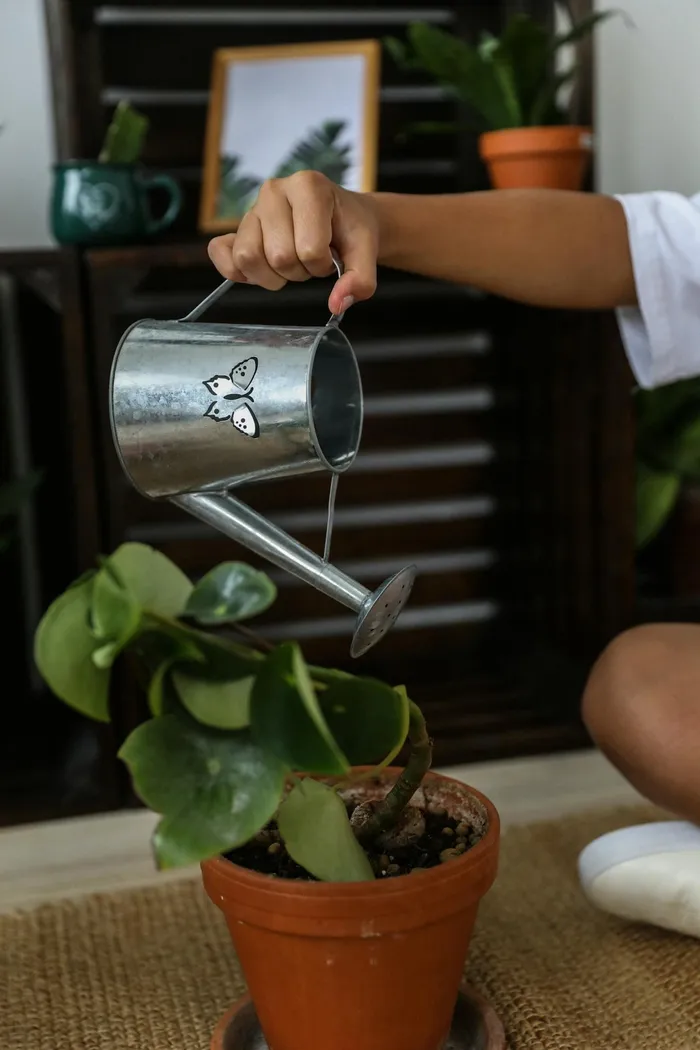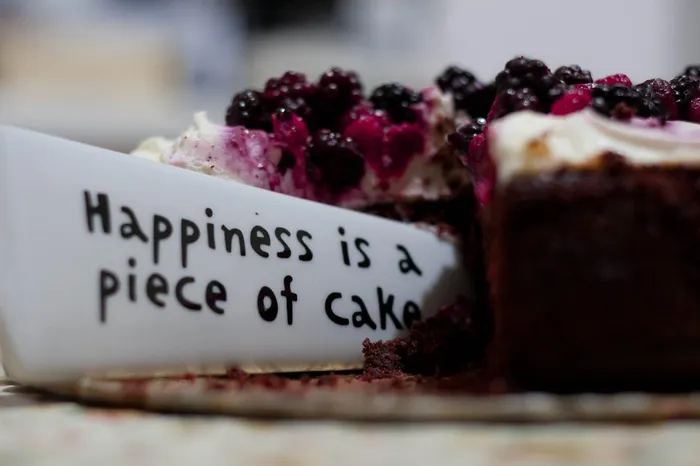The grand return of grandma hobbies: how slow crafts are reviving our mental health
MENTAL HEALTH

"Grandmacore" hobbies are the cosy, hands-on activities traditionally associated with older generations, such as knitting, quilting, baking, gardening, embroidery, gardening and birdwatching.
Image: Monstera Production/pexels
More often than not, we are glued to screens on our phones or laptops, and digital overload is our reality. In an age of curated Instagram feeds, dating apps, and work-from-home isolation, we’re lonelier than ever.
Yet, as mental health declines and screens dominate our days, something surprising is happening: a return to the hobbies we once dismissed as “uncool” or “old-fashioned”. Knitting circles, community gardens, and book clubs are thriving.
Gen Z is baking sourdough bread, birdwatching, and crocheting bucket hats and posting about it on TikTok. Why? Because science (and our ancestors) were right all along: we need community like plants need sunlight.
Modern life sells us independence as the ultimate goal. We work remotely, order groceries online, and binge Netflix solo. But here’s the irony: 40% of adults globally report feeling lonely, according to a 2023 Gallup study.
Social media, designed to connect us, often leaves us emptier. Anthropologists say we’ve conflated convenience with fulfilment. But humans are wired for shared experiences; it's why isolation feels so unnatural.
Now, as anxiety and depression rates soar, we’re relearning what grandmas always knew: hobbies aren’t just hobbies, they’re lifelines to a regulated state of mindfulness.
For decades, “progress” meant leaving communal traditions behind. Fast food replaced family dinners. Texting replaced porch chats. Hobbies became about self-optimisation (think: Peloton, not puzzles).
But the consequences are clear: The CDC reports loneliness increases dementia risk by 50%. A 2024 Harvard study found that people with strong social ties live 10+ years longer.
The pandemic was a wake-up call. Locked indoors, we craved tangible comfort in sourdough bake-offs, virtual book clubs, and balcony gardening.
Suddenly, “grandma hobbies” weren’t just cute; they were survival tools. And they’re sticking around because they heal two wounds at once: stress and disconnection.

Thanks to TikTok and Instagram, these activities aren’t just for grandmas anymore; they’re going viral as self-care essentials for stressed-out young adults.
Image: Antonio Quagliata /pexels
What exactly are Grandma's hobbies?
"Grandmacore" hobbies are the cosy, hands-on activities traditionally associated with older generations, such as knitting, quilting, baking, gardening, embroidery, and birdwatching.
These crafts share a few key traits:
Slow and mindful: They require patience, focus, and repetition.
Tangible and rewarding: You create something real, not just digital content. They evoke warmth, simplicity, and a break from screens.
Thanks to TikTok and Instagram, these activities aren’t just for grandmas anymore; they’re going viral as self-care essentials for stressed-out young adults.
Why did Grandma hobbies fade away, and why the comeback?
For decades, society shifted toward fast, digital, and productivity-driven lifestyles. Crafting was seen as "unproductive" compared to side hustles and screen time.
Digital Detox
After endless scrolling, hands-on hobbies offer a break from screens and dopamine overload.
Reduce stress
The repetitive nature of crafts like knitting mimics meditation, reducing anxiety and stress. Crafting, gardening, or even birdwatching can help calm your nervous system. The act of working with your hands, whether it’s knitting or planting seeds, helps divert anxious energy and brings a sense of calm.
They boost brain health
Learning new skills (like crochet or embroidery) strengthens neural pathways, fighting cognitive decline.
Hobbies stimulate your brain in incredible ways. Many studies note that activities requiring focus and skill promote neuroplasticity, the brain's ability to form new neural connections.
This kind of engagement can help stave off cognitive decline and keep your mind sharp, regardless of your age. A 2022 study found that crafting reduces dementia risk by keeping the brain engaged.
They restore a sense of purpose
Unlike endless work emails, creating something tangible gives us a sense of accomplishment and stability. A rare win in a world of instant gratification.
Nostalgia and comfort
In stressful times, we crave simpler, happier memories like baking cookies with grandma.
As Dr Tiffany Ho, a psychologist at UCLA, explains, "The repetitive movements and present-moment awareness in these hobbies mimic mindfulness meditation, which can improve mood and mental health."
They rebuild social connections
From gardening to book clubs, these hobbies combat loneliness by fostering real-world communities.
They improve mood
When you’re immersed in a hobby, your brain releases dopamine, the “feel-good” chemical. This is especially true when you’re learning something new, like tackling your first crochet pattern or trying a challenging puzzle.
They build confidenceThere’s something deeply satisfying about finishing a project, whether it’s a knitted blanket or a perfectly baked pie. These accomplishments, no matter how small, boost self-confidence and help you feel capable.
Related Topics:
